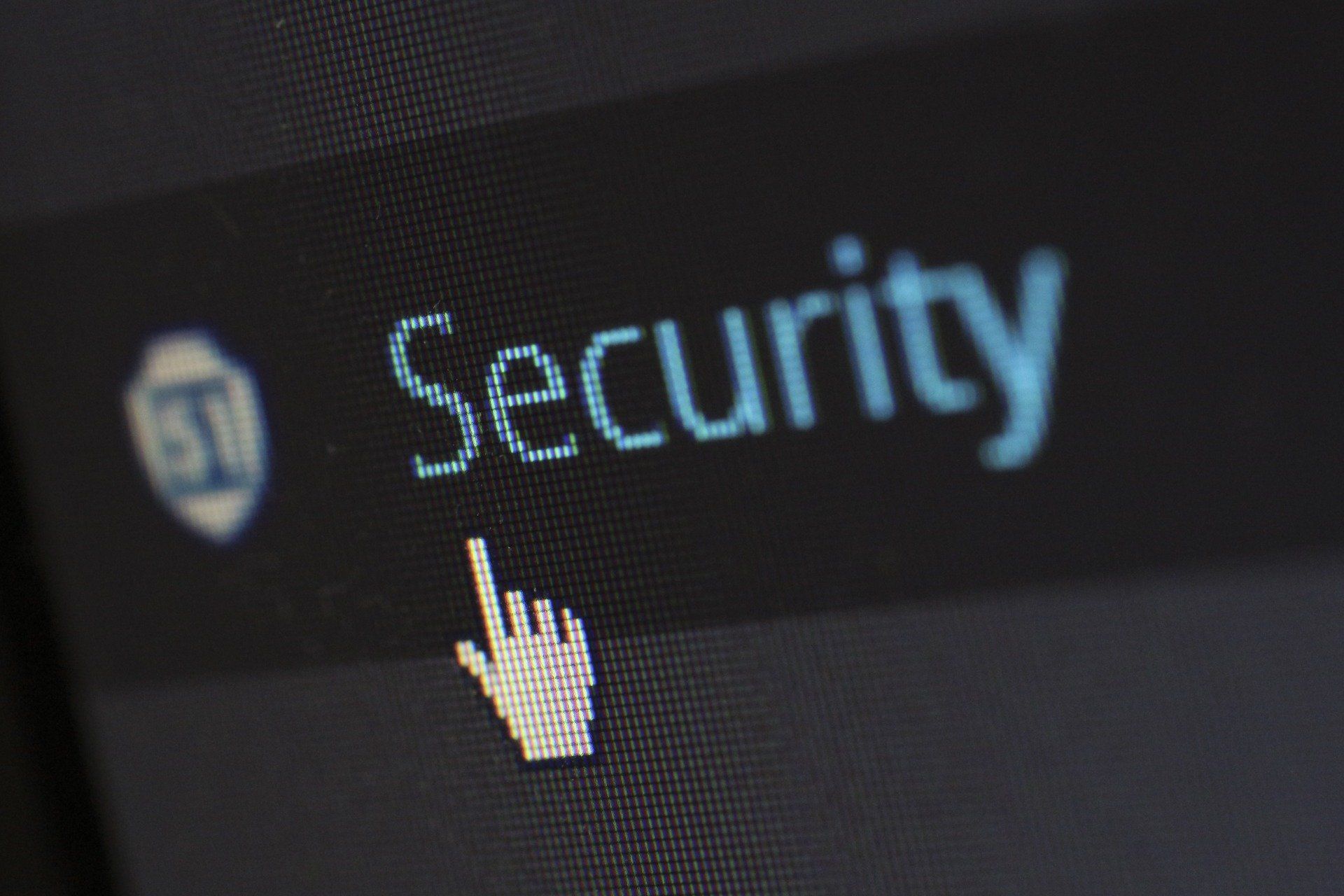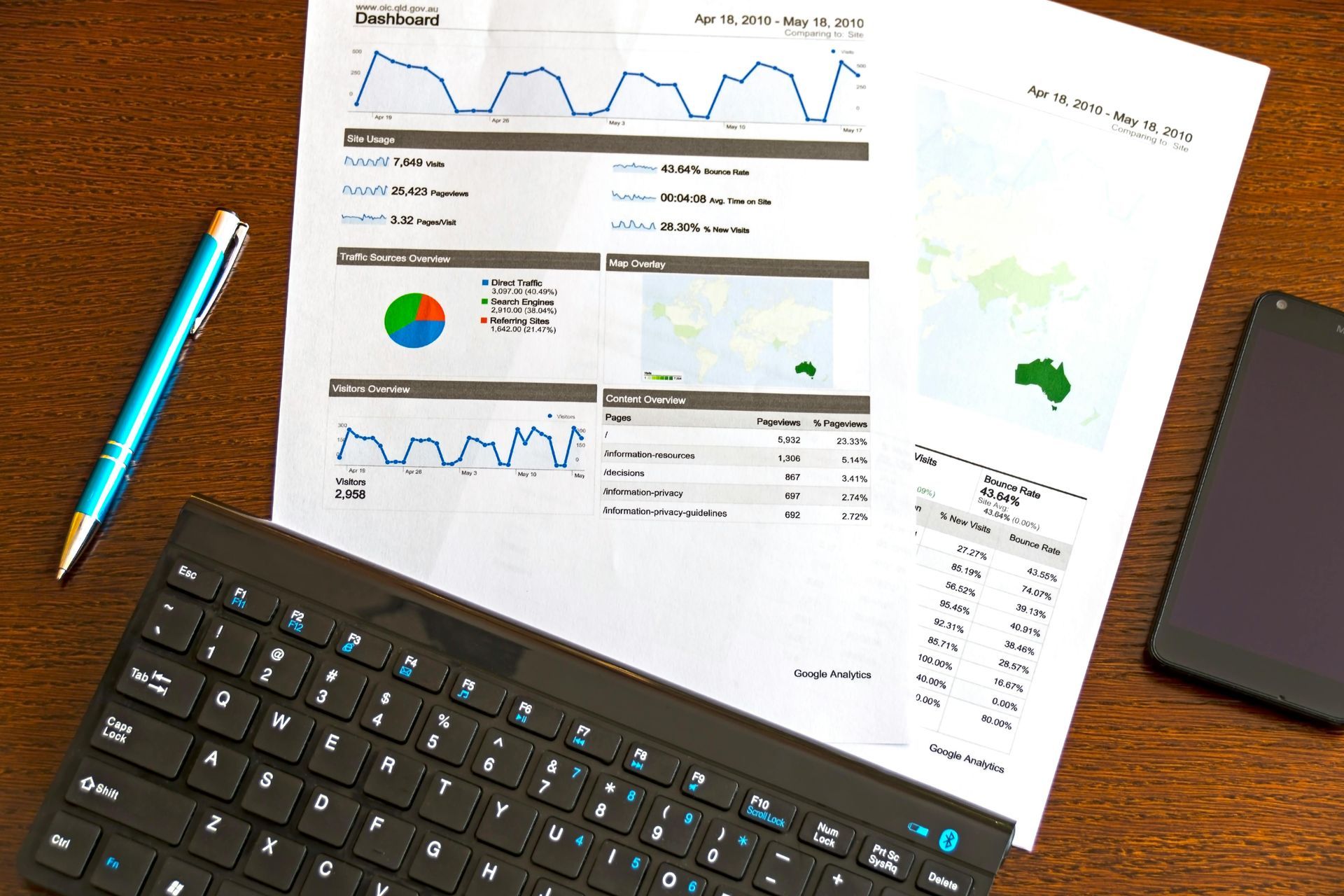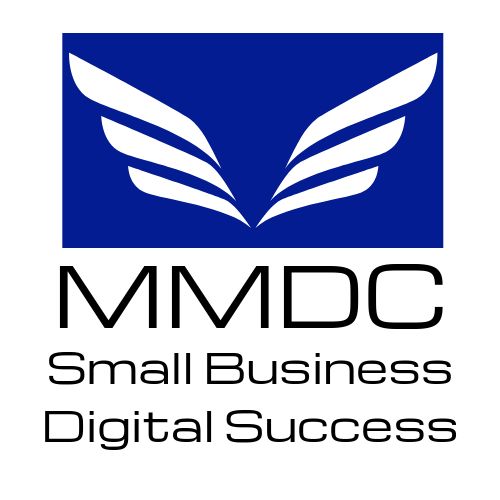5 Simple Business Cybersecurity Tips that Every Small Business Should Implement
Start with the Basics and Build Consistently

In the world of technology, there are advancements in software and hardware almost daily. These advancements allow us to be progressive while also opening us up to cybersecurity risks. As a business owner, it is imperative to take cybersecurity for your business seriously. A cyber attack can be detrimental to your business and your clientele alike.
The Risk of a Cybersecurity Attack
Many people have heard of a cybersecurity attack or have been a victim of one. What many people do not realize is exactly what is at risk when they are the subject of a cyber attack. Cyber attacks are viscous and can provide hackers and cyber terrorists with access to:
- Financial information for your business and your clients
- Business plans that may or may not be public
- Social media account information
- Intellectual property
- Customer payment files and information
- Employees' personal protected data
- Email attachments and email access
- Passwords
- Your business reputation
A cybersecurity attack can cause clients to become wary of your business and its practices. You may lose customers because of an attack. This often occurs when they do not feel like their data is secure and protected in your hands. In order to prevent this, you can implement different tools to combat cybersecurity threats.
Firewalls
One affordable option to combat cyber threats is the implementation of a firewall/ A firewall is the first line of defense when building a secure network. Many operating systems come with a firewall already, but they are usually basic. An advanced firewall system is a better option for a business because they protect the information that comes into the network in a more robust way. This is essential to keep malicious software from accessing a computer or internet connection.
Anti-Virus Software
Purchasing anti-virus software is an absolute must. Viruses and malware can be found all over the internet and in external files just waiting to strike. Every computer that your business owns and operates should have anti-virus protection, including employees that work remotely. There is an ample amount of paid and free anti-virus software available online and at your local electronics retailer. Many are user-friendly and easy to manage, even without an IT division.
Use a VPN
A VPN is a virtual private network. This is a service that allows your business and employees to stay private while online. It establishes a secure and encrypted connection with your computer and the internet. This prevents programs from tracking your computer movement and storing the information they are not meant to be privy to. This is especially important for any employee who uses a laptop to work mobility or remotely in a public place. Public WiFI connections are not safe, and a VPN can be the cause of a data breach.
Regularly Backup Data
If your business doesn’t have a policy for data backup, it should implement one immediately. If your business has a regular data backup plan, it ensures that your data is being secured in a safe place to access in case of an emergency.
Imagine you are the victim of a cyberattack; they have frozen your access to your website, databases, and social media accounts. You were supposed to send out invoices for new product delivery, but all the information is tied up in your database. If you do not have a backup, you will not be creating those invoices. Additionally, you may lose your customer data entirely. If you back up your information daily or weekly, you are more likely to have a safety net to fall back on in case of a cyber attack.
Cybersecurity is Serious
Cybersecurity is ever-evolving. It is important to stay on top of new trends and technologies and implement them for your business. A safe business will make you and your clients happy. If you are unsure of the next steps, hire an IT company to help you secure your business today.












